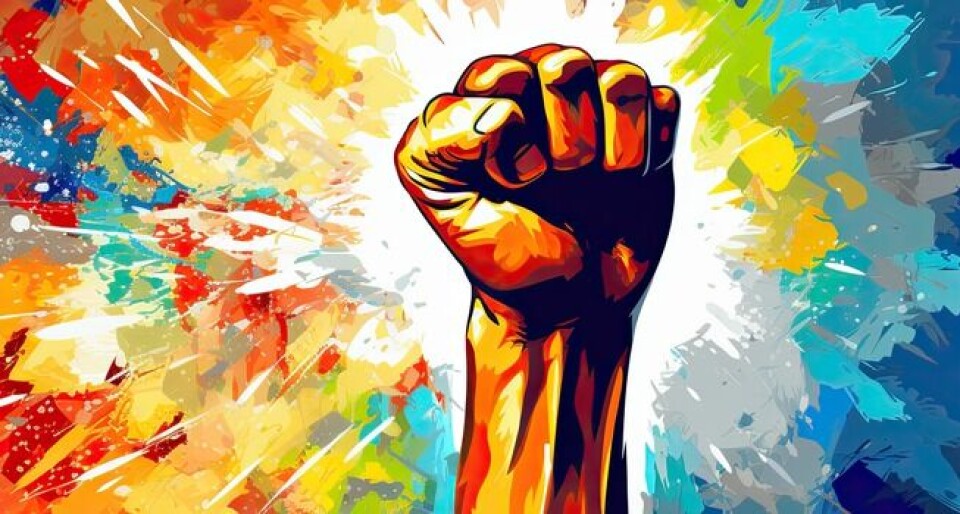The military court in Goma, DRC, recently sentenced the commander of the presidential guard and three other soldiers to ten years’ imprisonment after they were found guilty of killing around fifty civilians who were protesting in Goma on 30 August. The demonstrators were demanding the departure of the UN Stabilization Mission and the East African Community’s Regional Force which have been criticised for their ineffectiveness in restoring peace and security in eastern DRC.
The guilty verdict was warmly welcomed by Congolese citizens who were surprised that Colonel Mike Mikombe, Commander of the Presidential Guard, had been tried and condemned. For many decades in the DRC it has not been uncommon for an officer to lead a violent crackdown and get away scot-free.
“I believe that justice sends a message to the services that they should not violently repress popular demonstrations, and that no one is above the law. We’re delighted,” said one Goma resident in reaction to the verdict.
The conviction of these soldiers is, however, seen as a rare case in which the authorities were forced to act because of pressure from critics. Countless other cases of infringements of civil liberties have not been dealt with by the courts, and activists say this represents a threat to human rights in the DRC. Some irregularities in the case have also been highlighted.
Marion Ngavo, a local civil society leader, explains: “At the time of the crackdown, there were agents from the national intelligence agency who had planned the operation, there were agents from the military region who had planned the operation, there was the town hall and the military governor, but all these people are not on trial ... the whole chain must be brought to justice to answer for their actions.”
For his part, lawyer Jean-Luc Bahati of Human Rights Defenders’ Synergy (SUWE), is not hopeful of much progress in the exercise of civil liberties in the DRC, as he believes that the fact that the courts have also sentenced demonstrators arrested on 30 August is an attempt to discourage future demonstrations.
According to Jackson Walassa, coordinator of the Catholic Church’s lay coordinating committee in North Kivu, the loss of public freedoms is partially the fault of the supporters of those who come to power. He explains that instead of being demanding of these leaders, the supporters cheer them on in their dictatorial drift and bad governance.
Severe curtailment of public freedoms – as seen in the DRC and several other African countries – is one of the signs of the failure of the continent’s democratisation process, suggests the report of the Regional Dialogue held in Cotonou, Benin, in November 2017, on three decades of democratic transition in Africa.
The experts who took part in the dialogue opined that to change the situation in Africa, there needs to be particular education on democratic culture and citizenship for populations, to transform them into citizens capable of demanding effective public action, capable of subjecting elected representatives and leaders to an obligation of results and an ethic of governance, and capable of monitoring and sanctioning them.
To join Africa Legal's mailing list please click here

